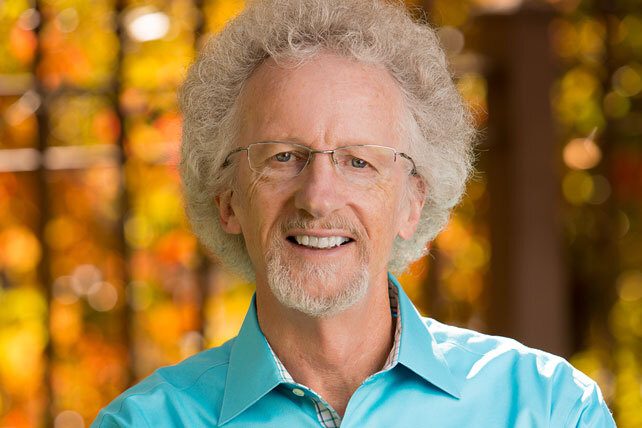“When I’m with evangelicals and they start complaining about the church,” says author Philip Yancey, “they know my reputation, so they think I’m going to defend it. Instead, I kind of smile and say, ‘Oh, it’s a lot worse than that.’”
Yancey recently joined the Stetzer ChurchLeaders Podcast to discuss his new memoir, “Where the Light Fell.” He is the author of over 30 books, many of which wrestle with difficult questions related to faith in God. Yancey’s memoir, released Oct. 5, draws back the curtain on his upbringing, showing how his childhood experiences contributed to a warped view of God and people—including himself.
“I’ve experienced some of the worst that the church has to offer,” says Yancey. “People who read this memoir, I think, are going to be shocked at the church I grew up in.”
You can listen to our interview with Philip Yancey by clicking on the link below:
Philip Yancey on Meeting Jesus After Growing Up in Fundamentalism
Philip Yancey: I Didn’t ‘Get’ Grace
Philip Yancey notes that later in his life, he has experienced the best the church has to offer. “I don’t have anger at the church,” he explains. “I have a lot of respect for the people I’ve been around, you know, the Wheaton/Fuller Seminary/Christianity Today crowd. These are people of integrity, very bright people, sincere, dedicated, caring for justice issues, you know, all the things we’re supposed to do.”
But Yancey says the Christian culture he was raised in was “fundamentalism, pure and simple.” His church was legalistic and overtly racist, promoting the Curse of Ham theory, opposing integration, and using racial slurs to describe Dr. Martin Luther King Jr. This racism, says Yancey, set him up to later question everything he had been taught about God.
“I was a racist,” he says. “When you’re a kid, you believe everything the adults tell you. And then I found out, no, they lied. They were absolutely wrong. And then you start thinking, ‘Hmm, maybe they were wrong about Jesus. Maybe they were wrong about the Bible. And I went through a real crisis of faith.’”
What’s more, the legalism Yancey experienced at his childhood church gave him a view of God totally devoid of grace. “I saw God as this cosmic bully who just loves crushing people and catching them and punishing them,” he says.
Yancey, however, does not put all the blame on his former church and his upbringing for his attitude toward God, but acknowledges his own pride as well. He was pretty hardened toward Christianity by the time he went to Bible college and describes himself as “the most arrogant person on campus.”
“What reached me,” he says, “was realizing that God was a lot different than I was taught growing up and things like nature, beauties of nature, and classical music and romantic love. Those are the things that softened me.”
While in Bible college, Yancey had a dramatic conversion experience, which revealed his pride to him and led him to realize he “was missing the whole point. I didn’t get grace. I had never experienced grace before.”
Yancey gives God all of the credit for saving him and does not try to give easy answers for why other people, even those who desperately crave it, do not have an experience like that. Yancey mentioned as an example his own brother, whom he describes as “haunted by God” and who has had quite a different life journey.
“For whatever reason,” says Yancey, “God did include me in that lavish grace at a time when I wasn’t really seeking it. And all I can say is this happened. I can’t really explain it. And I certainly couldn’t at the time. But it happened. And it’s true, and I’ve tried to live faithful to that ever since.”
Grace, along with suffering, is one of the major themes of his life, says Yancey, noting the former is something all of us are constantly having to relearn: “Grace is something that we just have to keep rediscovering, don’t we? Because the church becomes so easily…a moralism place, a place of looking down on other people.”
Watch the interview with Philip Yancey below:

